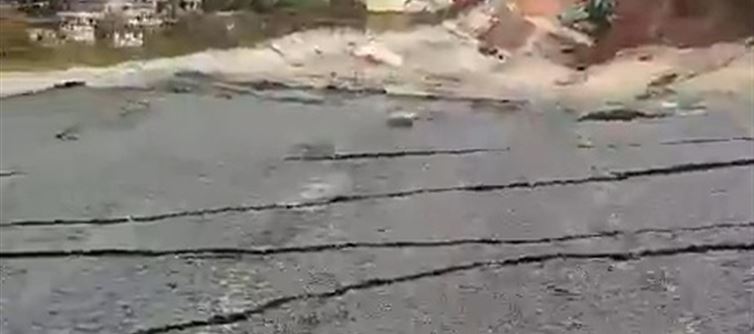
The ruling Left Democratic Front (LDF) in Kerala, despite being ideologically opposed to the BJP-led central government, has also remained conspicuously cautious in its response. Their reluctance to directly criticize Union minister for Road Transport nitin gadkari or prime minister Narendra Modi raises uncomfortable questions about political complicity or fear of retaliation from the Centre. Meanwhile, the evidence of deeper issues is hard to ignore: reports of similar structural cracks in Kozhikode, Kasaragod, and Thrissur, and the blacklisting of KNR Constructions (the contractor involved), point to a pattern of compromised engineering standards and inadequate oversight. Yet, there is no sign of systemic reform—only perfunctory probes that rarely result in real accountability.
This isn’t just about one highway. It is about a governance culture that values spectacle over substance. The Modi government's obsession with grand inaugurations, ribbon-cutting ceremonies, and media optics often masks a worrying disregard for long-term safety, sustainability, and public welfare. Gadkari once hailed as an efficient administrator, now appears complicit in a system where subpar execution is shrugged off as collateral damage. Until citizens and local governments demand transparency and accountability—beyond party lines—India’s infrastructure will continue to suffer under the weight of political vanity and institutional failure. Highways may keep getting built, but trust in those who build them is crumbling just as fast.




 click and follow Indiaherald WhatsApp channel
click and follow Indiaherald WhatsApp channel